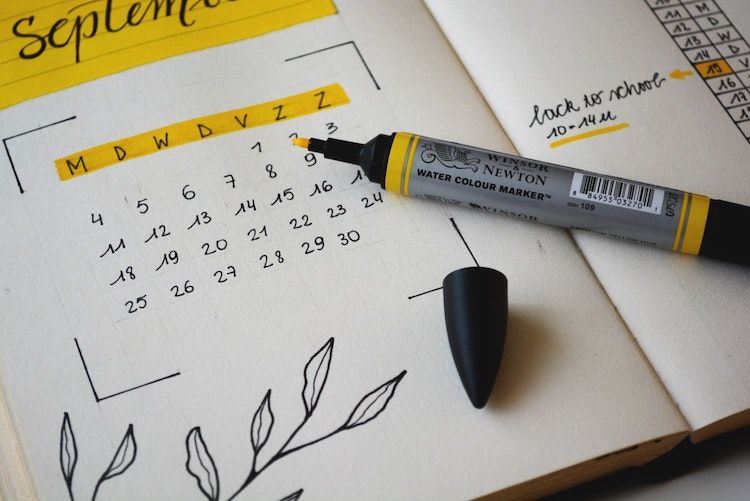Adulting 101: What You Should Use To Clean Your Pool – Properly
If you’re an owner of a swimming pool, you are probably fairly well-aware that it can get fairly dirty if you’re not using it and it’s been left uncovered for some time.
The thing is, there is a multitude of sources of pollution that can affect swimming pools. Whether it’s some acidic rainfall, the leaves from nearby trees landing on the surface as the last part of their life cycle, sandstorms, or various animals such as rats, otters, ducks, snakes, alligators, and less often elephants. Of course, all of the factors above are heavily dependent on where you live, as you won’t encounter all of them at the same geographical spot, so to speak. (Although, that’d be funny.)
In this article, we're going to talk about what you can do to clean your swimming pool in the best way possible. As you will see, most of the solutions below are common sense, but some of them do require you to have a certain level of knowledge of how swimming pools work.
Here’s the deal.
Perform Pool Chemistry Tests
First things first, what you need to do to ensure you can use your pool safely even when there is no wild raccoon in it, would be to check if the chemical composition of the water, so to speak, is safe enough for you and your family to bathe.
This used to be a bit of a pain in the neck because it requires specialized equipment to measure, but nowadays there are many readily available tests for the chemical composition of water you can use to see immediately if the pool water is lacking in some sort of way.
The pH levels, for example, represent one of the focal points of interest when it comes to measuring the chemical balance or lack thereof in a swimming pool. Typically, the optimal pH level for swimming pools should be about 7.2, while values fluctuating around this number by about 0.2 are also acceptable.
Depending on how often you use your pool, you should aim to perform these tests once or twice a week during the summer seasons (assuming you use the pool more often then), and once every week or every other week during the cold season.
 Conner Baker
Conner Baker
Check the Water Levels
Checking your swimming pool water level represents an important part of ensuring your pool will work like a charm at all times and be completely devoid of debris and other pollutants.
The thing is, while the water level won’t pollute your pool on its own, what it can do is hamper the work of the pool skimmer.
Skimmers are an important part of regulating any enclosed body of water because they get rid of anything floating on the surface that shouldn't be there. Objects such as leaves, plastic or rubber bathing accessories, or whatever it is that you forget to take out of the pool before getting out of it qualify for getting sucked in slowly but surely by the skimmer.
That said, if the water level is too low, the skimmer won't be able to do its job, because it won't even be in contact with water. If the water level is too high, the skimmer won't be able to skim the surface and will just keep sucking in water willy-nilly.
Also, you may want to check on the skimmer basket every now and then, so that it doesn’t get clogged in debris. (You may want to ramp up the frequency of these checks in the fall because of the leaves if you have lots of trees nearby.)
 Estée Janssens
Estée Janssens
Try to Schedule Cleaning Even when You Are Absent
If you are going to go away for a while, and you don't have the time to do it yourself, you can always hire some cleaning services to cover this for you. What's more, if it's the end of the lease for you on the property with the pool, hiring a company such as Simply Spotless Cleaning, can save you a lot of time and effort.
All things considered, the more frequently you clean your swimming pool, the more you can reduce the costs of doing so.
The point is, your swimming pool will get dirty sooner or later, so taking steps toward keeping it clean is important if you mean to be able to use the thing whenever you so desire.